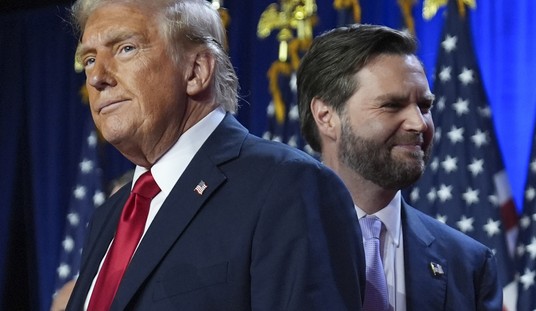The New York Times is reporting that there is a “secret alliance” between Egypt and Israel to combat ISIS along the Sinai border between the two countries.
The report claims that Israel has flown more than 100 missions in the last two years, striking targets in the terrorists’ stronghold in Egypt with the full knowledge and cooperation of Cairo’s government.
Egypt appeared unable to stop them, so Israel, alarmed at the threat just over the border, took action.
For more than two years, unmarked Israeli drones, helicopters and jets have carried out a covert air campaign, conducting more than 100 airstrikes inside Egypt, frequently more than once a week — and all with the approval of President Abdel Fattah el-Sisi.
The remarkable cooperation marks a new stage in the evolution of their singularly fraught relationship. Once enemies in three wars, then antagonists in an uneasy peace, Egypt and Israel are now secret allies in a covert war against a common foe.
“Remarkable cooperation” is an understatement. Al-Sisi is looking for any friend he can find, given he’s got an extremely active terrorist group in the north and an increasingly aggressive Shia Iran stirring up trouble along its borders. An alliance — even a surreptitious one with Israel — makes perfect sense from a strategic point of view.
Their collaboration in the North Sinai is the most dramatic evidence yet of a quiet reconfiguration of the politics of the region. Shared enemies like ISIS, Iran and political Islam have quietly brought the leaders of several Arab states into growing alignment with Israel — even as their officials and news media continue to vilify the Jewish state in public.
Al-Sisi should expect little support from the Egyptian street and outright opposition to the alliance from the mosques. But the former general who is running for president again has an ironclad grip on the country so opposition to his actions is meaningless.
Behind the scenes, Egypt’s top generals have grown steadily closer to their Israeli counterparts since the signing of the Camp David accords 40 years ago, in 1978. Egyptian security forces have helped Israel enforce restrictions on the flow of goods in and out of the Gaza Strip, the Palestinian territory bordering Egypt controlled by the militant group Hamas. And Egyptian and Israeli intelligence agencies have long shared information about militants on both sides of the border.
Israeli officials were concerned in 2012 when Egypt, after its Arab Spring revolt, elected a leader of the Muslim Brotherhood to the presidency. The new president, Mohamed Morsi, pledged to respect the Camp David agreements. But the Israelis worried about the Muslim Brotherhood’s ideological kinship with Hamas and its historic hostility to the Jewish state itself.
Israeli concerns about the Muslim Brotherhood’s closeness to Hamas were well justified. After Morsi’s election, Israel reported a spike in people and weapons crossing from Egypt into Gaza. Clearly, the Brotherhood was tacitly supporting Hamas in their war of annihilation against Israel.
In fact, Morsi’s radicalism was probably a determining factor in the army’s takeover of government in 2013 — a change that Israel welcomed.
It’s tempting to make too much of this growing alliance between Jews and Sunni Muslims. That both Egypt and Israel were able to keep this alliance secret for two years is a remarkable testament to the fear of governments in the Sunni Muslim Middle East of appearing too close to the Jewish state.
But with ISIS down but not out, and Iran looming over the entire region with its support for proxy wars against Sunnis and its desire for nuclear weapons, most Arab governments see the value in having a powerful friend in Israel, even if they have to hide their cooperation from their own people.










Join the conversation as a VIP Member